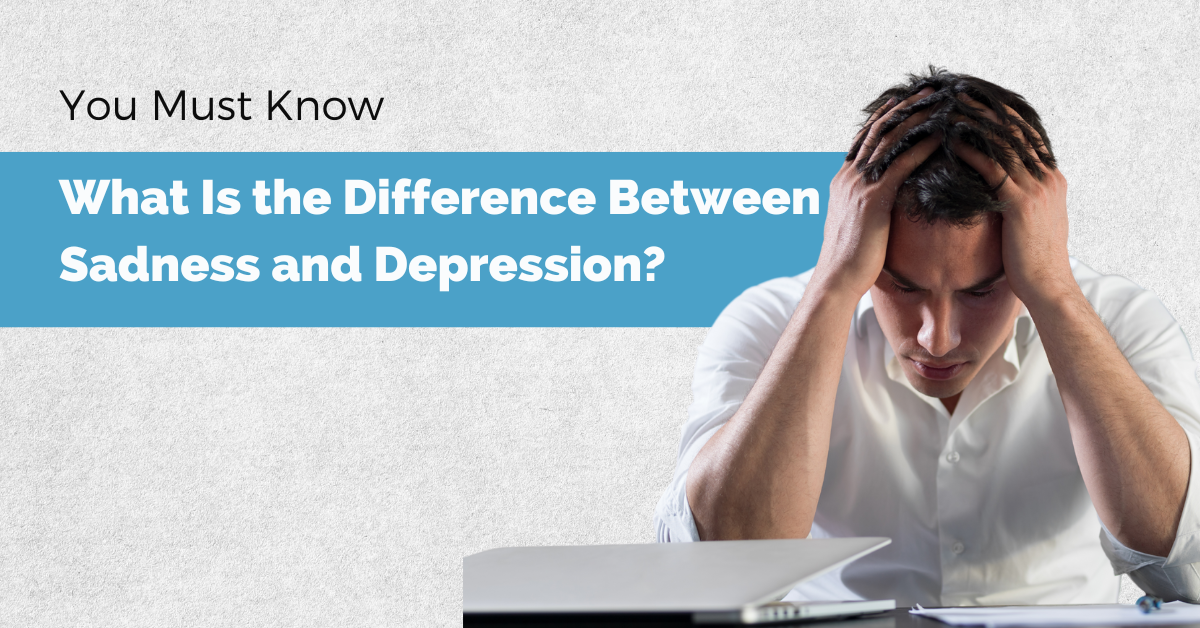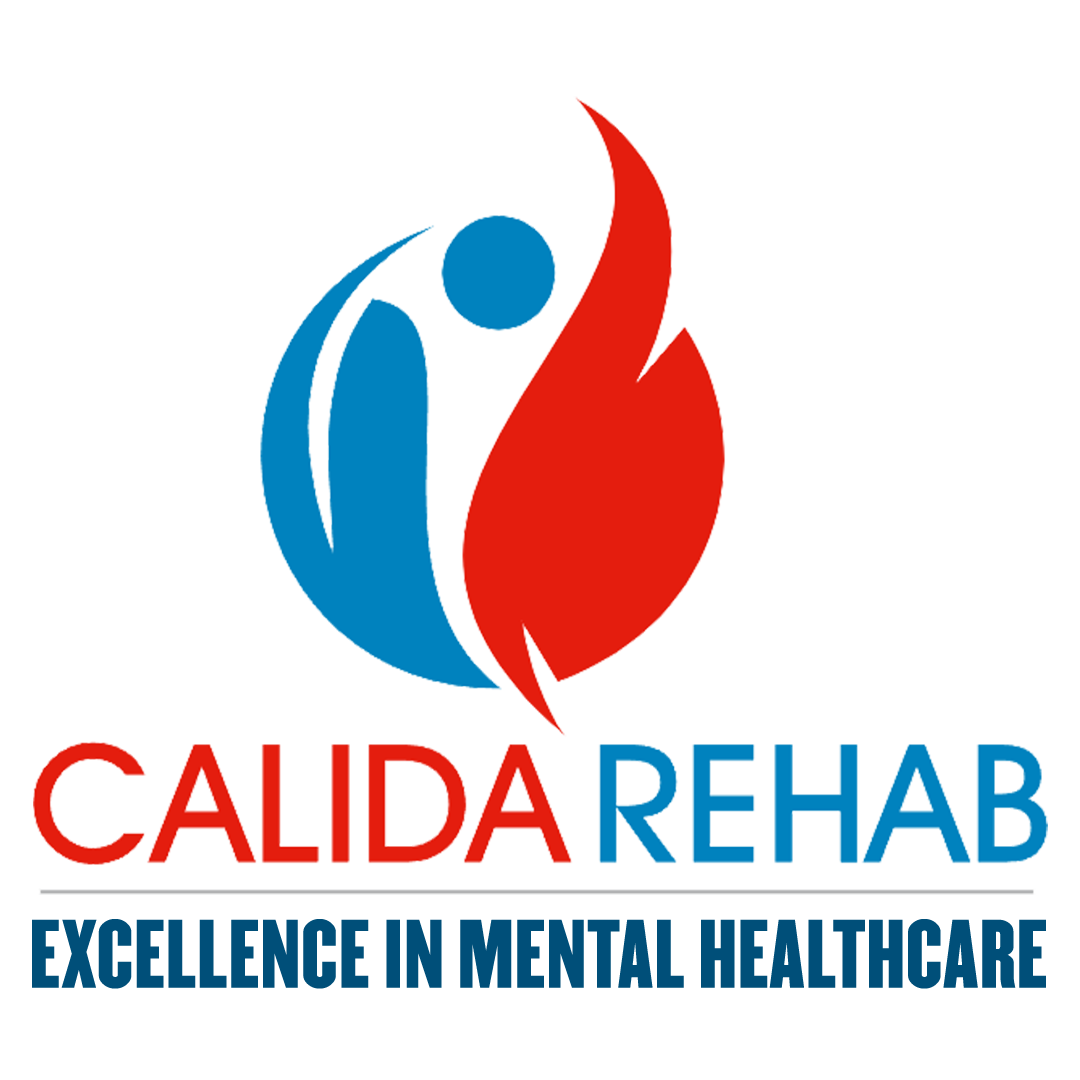
What Is the Difference Between Sadness and Depression?
Sadness is a temporary feeling, while depression is a long-lasting condition that affects daily life, thoughts, emotions, and actions. Sadness is a natural human emotion that everyone experiences at various points in life. It is a reaction to difficult situations, loss, disappointment, or stressful events. However, sadness is temporary and often subsides with time or positive experiences. Depression, on the other hand, is a serious mental health condition that goes beyond normal feelings of sadness. Understanding what is the difference between sadness and depression can help in recognizing when professional help is needed. Seeking support from a Rehab centre in Mumbai can provide effective treatment and guidance. Additionally, individuals struggling with persistent emotional distress may benefit from Anxiety treatment in Mumbai, which offers specialized care. For those facing cognitive challenges, Dementia treatment in Mumbai is essential to improve quality of life and overall well-being.
What Is Sadness?
Sadness is an emotional response to situations that bring distress or unhappiness. It is a temporary feeling that can be relieved by time, distractions, or engaging in enjoyable activities. Common triggers of sadness include:
- Losing a loved one
- Failing at a goal or experiencing rejection
- Disappointments in personal or professional life
- Conflict in relationships
What Is Depression?
Depression is a mental health disorder that affects a person's thoughts, emotions, and physical well-being. Unlike sadness, depression is persistent and can last for weeks, months, or even years. It significantly impacts daily functioning and overall quality of life. Knowing what is the difference between sadness and depression can help distinguish between temporary emotional lows and a serious mental health condition.
Common Symptoms of Depression:
- Persistent sadness or feelings of emptiness
- Loss of interest in activities once enjoyed
- Fatigue or low energy levels
- Sleep disturbances (insomnia or excessive sleeping)
- Changes in appetite or weight
- Difficulty concentrating or making decisions
- Feelings of hopelessness, guilt, or worthlessness
- Thoughts of self-harm or suicide
Key Differences Between Sadness and Depression
| Feature | Sadness | Depression |
|---|---|---|
| Duration | Temporary, fades with time | Lasts for weeks, months, or longer |
| Cause | Triggered by specific events | Can occur without an obvious cause |
| Impact on Life | Does not significantly interfere with daily life | Affects work, relationships, and daily activities |
| Physical Symptoms | Minimal physical effects | Includes fatigue, appetite changes, and sleep disturbances |
| Treatment | Often resolves on its own | Requires professional help like therapy or medication |
When to Seek Help
If sadness becomes overwhelming, lasts for more than two weeks, or starts interfering with daily life, it may indicate depression. Seeking professional help from a therapist, counselor, or psychiatrist is crucial in managing depression effectively. Understanding what is the difference between sadness and depression is vital in knowing when to reach out for help.
Tips to Manage Emotional Well-Being:
- Stay connected with supportive friends and family
- Engage in physical activities and exercise regularly
- Practice mindfulness and relaxation techniques
- Seek professional guidance if symptoms persist
Final Thoughts
While sadness is a normal emotional response, depression is a serious condition that requires attention and care. Understanding what is the difference between sadness and depression can help individuals seek appropriate support and improve mental well-being. If you or someone you know is struggling with depression, do not hesitate to reach out for help—mental health is just as important as physical health.
